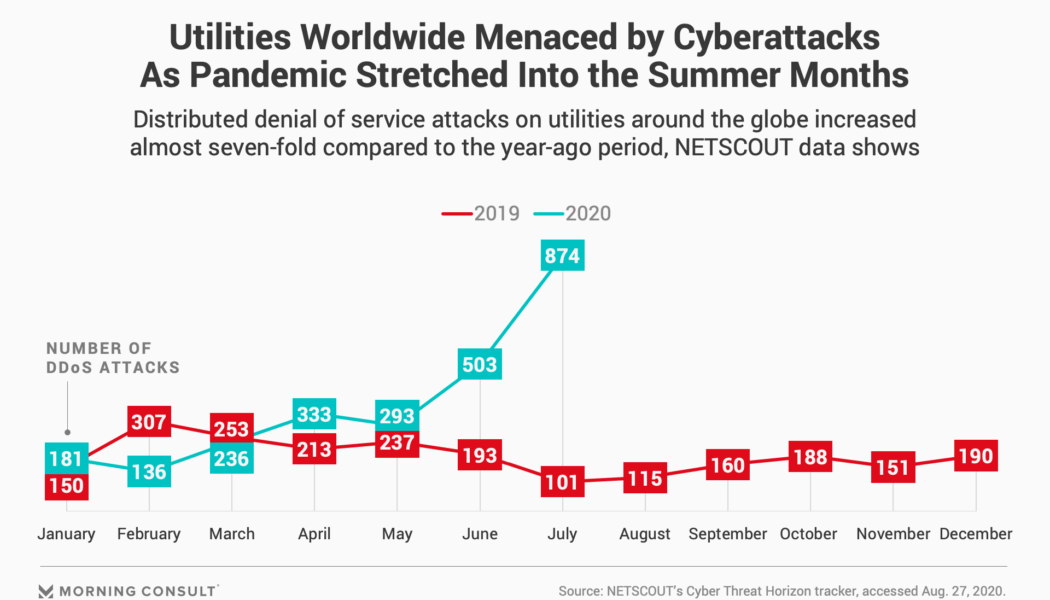African Cyber Attacks
Kenya’s businesses are dealing with 1 400 cyber-attacks each week
This year has seen a 29% rise in cyberattacks against businesses across the world. In Africa, this growing threat is driven by an increase in users accessing the internet, creating a larger pool of targets for criminals, which is what we’ve witnessed in Kenya. The country’s connected population nearly reached 22 million users in January – a figure likely to have grown as pandemic lockdowns forced many business and government services online. With digital transformation being embraced across Kenya, how has cybercrime impacted local businesses? Statistics from the Check Point Research Threat Intelligence Report for Kenya highlight how widespread the problem is. Globally, the average number of weekly attacks experienced by organisations was 870. In comparison, Kenya’s busine...





